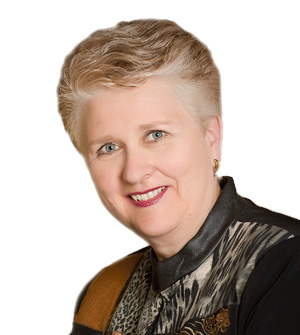


Why aren’t they us? Why aren’t we them?” Narrative voice and tense shift seamlessly throughout the text. Our tales fill their Qur’an, their tongue fills our mouth.

Focused on Cairo’s poor Jewish alley (hara) and Muslim delta villages, this hypnotic novel shows how Egypt came to sever its ancient bond between Muslim and Jew, intertwined cultures that call humans “Children of Adam.” Nathan’s epigraphs-fragments from Muslim songs, Baudelaire, and the Song of Songs-prefigure and epitomize that bond, while Esther, visionary mother of the protagonist, Zohar, sometimes chants a “Judeo-Arabic sabir (pidgin),” befriends Khadoujah, a Muslim enchantress, and declares, “We live beside the Arabs the way a man might live beside his innards. A LAND LIKE YOU follows Egypt from 1918 to 1952, as Western commodity capitalism, wars, foreign occupation, and imported ideologies (e.g., nationalism and its children, Islamism and Zionism) shape its entrance into modernity. Oscar Hokeah Tahlequah, Oklahoma Tobie Nathan A Land Like You Trans. It would be powerful to reimagine Cherokee people as modern and relevant people thriving with an ancestral spirit in a fast-changing world, but here readers get a reinvented version of an old motif: romanticized victimhood. In lieu of an abstract, here is a brief excerpt of the content:īOOKS IN REVIEW English laced with naturalism.


 0 kommentar(er)
0 kommentar(er)
